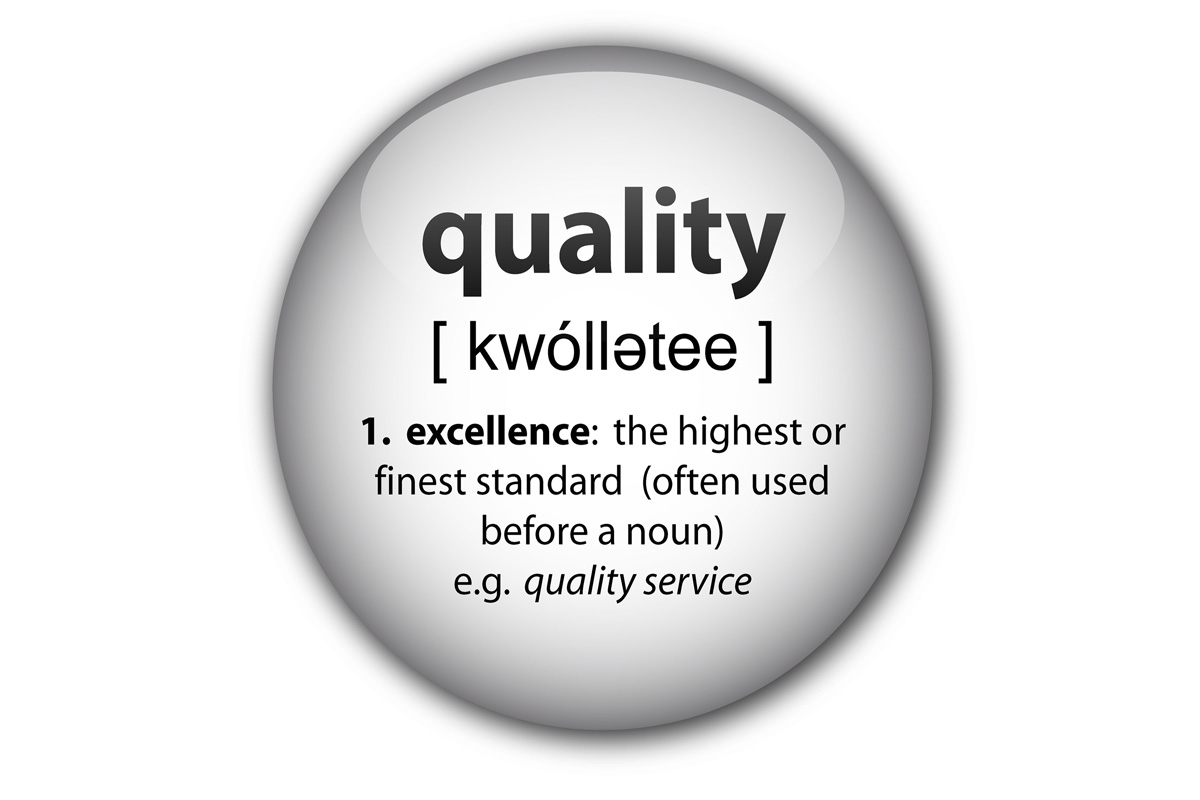JEDEC unveils SSD testing standards
SSD customers now have a yardstick to compare products by.

Sign up today and you will receive a free copy of our Future Focus 2025 report - the leading guidance on AI, cybersecurity and other IT challenges as per 700+ senior executives
You are now subscribed
Your newsletter sign-up was successful
Testing standards for solid-state disks (SSDs) have been launched so that users can evaluate and compare the expanding range of products available.
Before this release, users only had manufacturers' estimates of mean time before failure (MTBF) to gauge the suitability of an SSD to a particular application. They are being used more and more as replacements for magnetic disk drives where greater access speeds are required, to reduce noise or when heat output has to be kept to a minimum.
SSDs are either based on flash technologies or on dynamic random access memory (DRAM). DRAM memory chips are basically the same as those used for standard computer memories. They are fast to react but need to be powered to retain stored data.
Flash drives perform slower than DRAM drives and, though they have a reasonably long life, can only be written to a limited number of times, depending on the technology used. Their major advantage is that they retain data when no power is applied
DRAM drives tend to be used to store commonly accessed database fields and have capacities in the terabyte range. Flash drives are often found in small format netbooks and tablets where they save on weight and require no cooling fan.
The JEDEC Solid State Technology Association has devised two testing standards to validate endurance and reliability.
The main standard developed by the JEDEC sub-committee is the JESD218 Solid-State Drive Requirements and Endurance Test Method. This defines standards for the physical conditions under which the SSDs are used and corresponding endurance verification requirements. It also sets out requirements for possible additional usage conditions that may be required by a purchaser.
Sign up today and you will receive a free copy of our Future Focus 2025 report - the leading guidance on AI, cybersecurity and other IT challenges as per 700+ senior executives
JESD219 SSD Endurance Workloads defines the types of loadings that should be placed on the drives to standardise the result achieved by the test methods.
"The comprehensive approach taken to defining capacity, workload and endurance will go a long way towards enabling market confidence in SSDs," said Scott Graham, vice chairman of the JEDEC subcommittee.
-
 AI and Sustainability: The dual forces reshaping the data center ecosystem - and the channel opportunity ahead
AI and Sustainability: The dual forces reshaping the data center ecosystem - and the channel opportunity aheadIndustry Insights Data centers face power and sustainability limits, creating new opportunities for channel partners
-
 ITPro Excellence Awards winners unveiled
ITPro Excellence Awards winners unveiledIt's time to celebrate excellence in IT. Read on for the full list of winners...